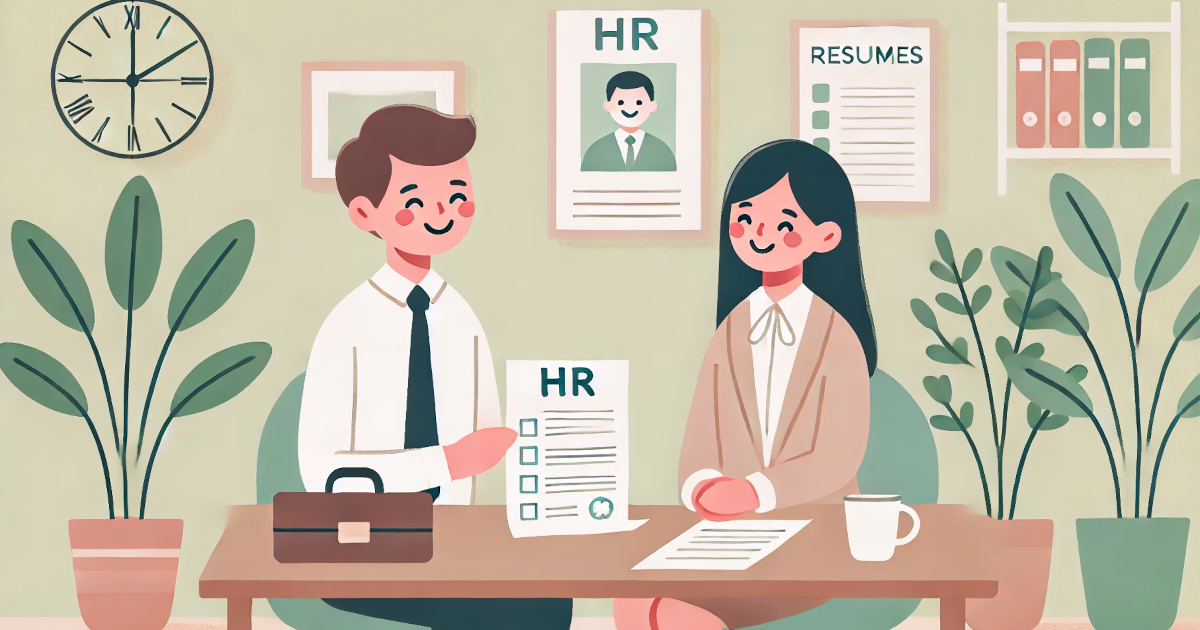
A human resources specialist manages recruitment, employee relations, and organizational policies. This job requires strong interpersonal skills, keen judgment, and the ability to mediate workplace issues. Some people find satisfaction in shaping a positive work environment, while others may struggle with the responsibility of making critical hiring or management decisions. Are you suited to be a human resources specialist? Take this quiz to assess your aptitude.
20questions2minutes
A Human Resources Specialist is responsible for various personnel-related tasks within a company or organization. Their main duties include recruitment, employee development, labor management, performance evaluation, and labor relations. Employees are often considered a company’s “greatest asset,” making the role of the HR department highly significant.
n recruitment, HR professionals must hire individuals who align with the company’s vision and contribute to organizational growth. In employee development, they design and implement training programs for both new hires and existing employees. Labor management involves ensuring compliance with labor laws and improving workplace conditions. Performance evaluation assesses employees’ overall performance and determines appropriate compensation.
HR professionals constantly interact with employees and must find solutions to workplace challenges. As a result, key qualities for a career in HR include a strong sense of justice, fairness, and interpersonal skills.
The responsibilities of a Human Resources Specialist are diverse, but they primarily include the following:
First, "Recruitment" involves hiring new graduates and mid-career professionals while identifying the right talent for the company. This process includes creating hiring plans, conducting interviews, selecting candidates, and providing support for new hires.
Next, "Employee Training and Development" focuses on helping employees enhance their skills and career growth. This includes planning and implementing training programs for new hires and managers, as well as providing mental health support.
"Labor Management" covers payroll processing, social insurance procedures, and attendance management. Ensuring compliance with labor laws and maintaining a positive work environment is a key part of this role.
"Performance Evaluation" involves fairly assessing employee performance and skills to make decisions on promotions and salary increases. It also includes setting evaluation standards and providing feedback.
"Labor Relations and Policy Development" includes ensuring compliance with labor laws, establishing workplace rules, and improving the work environment. A solid understanding of labor regulations is essential to support a company's healthy operations.
HR professionals play a crucial role in fostering company growth and creating a positive workplace environment.
A career in Human Resources (HR) typically starts with a degree in business, psychology, sociology, or HR management. Courses in organizational behavior and employment law are especially useful. While some begin in HR right after college, others transition from roles like sales or administration.
Entry-level roles such as HR assistant or recruiting coordinator help build practical experience. To succeed in HR, strong communication skills, fair judgment, and a basic understanding of U.S. labor laws are essential.
Certifications like SHRM-CP or PHR are not required but are often valued by employers. In today’s HR field, being familiar with HR software, such as HRIS or ATS, and having solid Excel skills can also give you an advantage.
HR professionals are expected to support both employee well-being and organizational growth. Developing a broad perspective and staying adaptable are key to long-term success in this field.